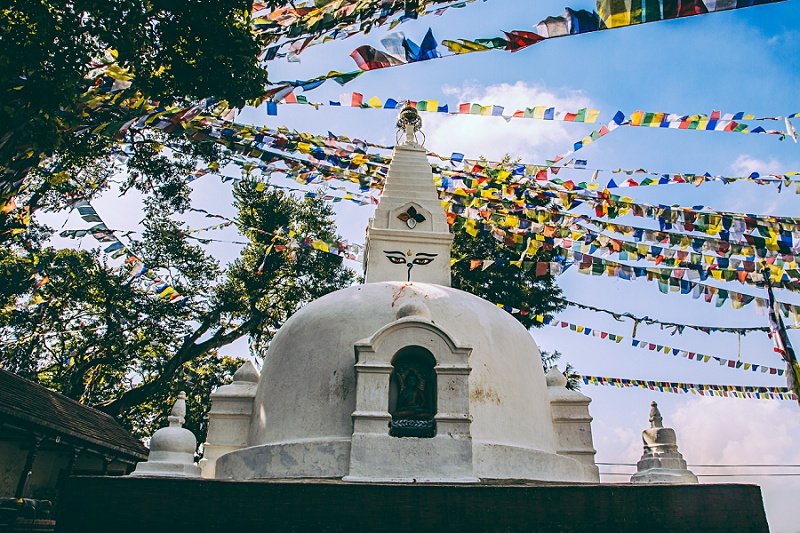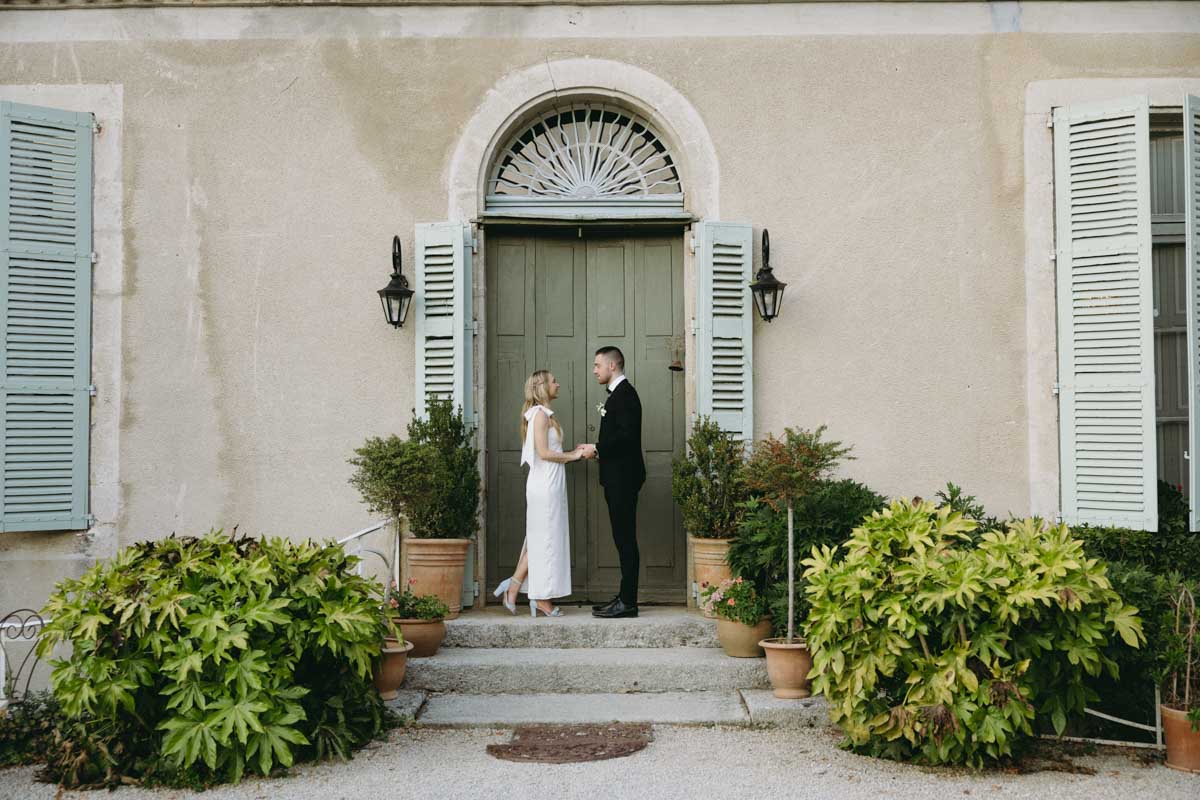
International travel has never been more affordable or accessible than it is now. If you’re eager for adventure, this is fantastic news.
Before you can just jump on a plane, though, you know you have to make certain preparations. You have to get your passport, buy plane tickets, book a place to stay and request time off of work, for example. But there’s something just as important that you might not think to do to prepare — and that’s educate yourself culturally.
Now, you may be thinking that studying a culture before traveling to it is silly — that you’ll pick up what you need to know along the way, learn a few cultural tidbits when you’re there. But learning about a culture before traveling actually helps you get far more out of the experience.
Preemptive cultural education helps you to gain insights that you might otherwise miss and to build meaningful relationships. On top of that, it’s just plain practical!

Cultural Awareness Takes You from World Traveler to Worldly Traveler
There’s a difference between traveling around the world and being a worldly traveler. Anyone can hop on a plane and explore new scenery, but it takes some dedication and a sincerely open-minded person to become worldly.
Why be worldly, you ask? Well, a worldly person is the opposite of an ignorant one. A worldly person cares about others in a way that goes beyond just wishing them good health. They accept and embrace new perspectives in the hope of becoming entirely free of intolerance.
Ultimately, by becoming a worldly traveler, you are becoming a true citizen of the world.
As Drew Alexander, long-time international traveler and teacher, explains, being a citizen of the world means getting involved with other cultures rather than simply acknowledging their existence. Doing this not only adds deeper meaning to your travels, but also opens the door to fun, culture-specific adventures and allows you to share a more accepting, progressive mentality with other people in your life.
Just by doing your research before traveling and choosing to embrace cultural differences while traveling, you’re becoming a better citizen of the world. And by sharing what you’ve learned with family, friends and peers, you’re doing your part to make the world a little more tolerant and connected.

Cultural Awareness Helps You Build Meaningful Relationships
Of course, a great perk to being more worldly is building meaningful relationships and even strengthening existing ones. For instance, say you travel to India. While there, you decide that, rather than just staring at the Taj Mahal then hiding in your hotel, you’ll try learning a traditional Indian style of dance — Kuchipudi. So you sign up for a three-part class.
Over the course of your three days in Kuchipudi class, you befriend a local student named Kyra. Between the two of you, you discover that learning to dance is just as awkward in India as it is back home. And you laugh at yourselves each time the steps give you trouble.
Now, isn’t that better than sitting in your hotel room, making friends with your TV?
Now think of your return home from India. You decide that, rather than getting your brother a baseball cap with the word “India” sewn on — how original — you’ll bring him a souvenir he’ll remember. Maybe a baggie of some infamously spicy Indian curry. Or, if his apartment needs a little flare, maybe a handmade decorative throw.
And what about Kyra? Maybe, as a thank you for including you in her culture, you decide to send her a token of appreciation. So, after researching culture-specific gift-giving norms — to strengthen your cultural awareness and prevent any accidental offense — you send over a souvenir reflective of your hometown.
Getting involved in a culture and giving culturally sensitive gifts are both great ways to build meaningful relationships. And whether you find your gifts online or overseas, they’ll be all the more meaningful if you accompany them with your cultured stories.

Cultural Awareness is Just Plain Practical
Practicality might not be as fun to think about as making international friends or becoming a true citizen of the world, but it is very important.
For every international trip you plan, there are preparatory economic, logistical and safety-related things you need to do, and then there are cultural things you should do.
To get all you can out of your travel experiences — practically and culturally — take some time to research and plan for these factors before each trip:
- Languages spoken in your destination area. Even if you don’t learn them, you’ll know what to expect and can prepare for emergency translation situations.
- Popular foods and dining etiquette. Will allergies be a problem? Is slurping considered rude or complimentary to the chef? Should you bring wine if invited to a dinner party? These things vary from culture to culture.
- Current social stigmas. You don’t want to be the person committing social faux pas.
- Hand gestures and body language. In some cultures, standing a foot apart during a conversation is considered normal. In others, hand gestures you’d call common are thought to be crude. Brace yourself for such behavioral customs.
- Cultural events. What events are taking place during your visit? Think holidays, festivals, parades, bullfights, concerts, etc. Plan accordingly.
- Landmarks and sites to see. Is there anything specific you’d like to see or tour?
- Gift-giving policies. This tip bears repeating if you plan to make and keep international friends.
To keep your travels safe, smooth and full of adventure, make cultural research a priority. The above factors are a good place to start, but the more you travel, the more you’ll think to add to the checklist.

Be More Than a World Traveler
No matter where in the world you decide to go, make sure you’re preparing as both a practical, responsible traveler and as a well-meaning, open-minded citizen of the world. And when you come back home, don’t keep what you’ve learned — or those souvenirs you’ve gotten! — all to yourself.
Kacey is a lifestyle blogger for The Drifter Collective, an eclectic lifestyle blog that expresses various forms of style through the influence of culture and the world around us. Follow her on Instagram, Twitter & Pinterest.



